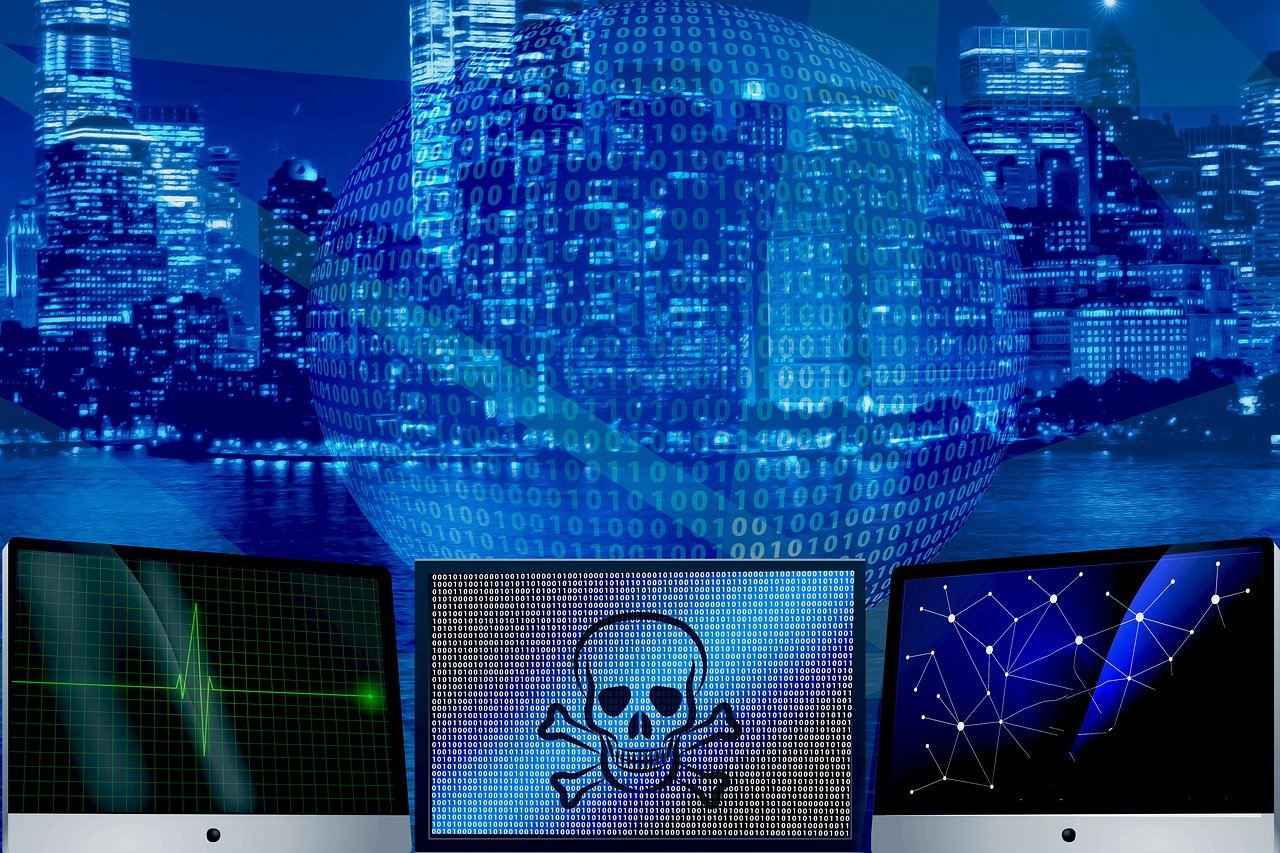This post is also available in:
 עברית (Hebrew)
עברית (Hebrew)
Charles Harry is a former National Security Agency cyberwarfare expert and director of the University of Maryland’s Center for Governance of Technology and Systems, and he warns that as cyberattacks become more nuanced it is crucial to be mindful about the information you share.
Harry’s mission is to educate internet users of all types, from students to government officials, to understand and identify the risk of a cyberattack through his “Cybersecurity for Everyone” initiative.
“My goal is to get people seeing cybersecurity in a very interconnected way,” he stated. “All this stuff—laptops, phones, cloud systems—is widely dispersed geographically but it all works together. And so, you have to understand the big-picture view of this problem, and how a vulnerability in just one device can cascade into something widespread.”
According to Techxplore, cyberattacks have gotten much more sophisticated and complex over the past 15 years, and Harry warns that cyberthreats shouldn’t just be worrying high ranking officials, but rather anyone who connects to a commercial, government, or institutional website – since they are all points of entry.
Following are a few unlikely places vulnerable to a cyberattack according to Harry, as provided by Techxplore:
The first is popular websites and “malvertising” – also called nefarious ads, they appear on trustworthy websites and redirect users to malicious websites or install malware on their devices.
LinkedIn – apart from being a platform for finding a job, it could also make you the perfect candidate for a social engineering attack. For example, a recruiter link to upload a resume could actually install malware on your computer, accessing your login credentials and gaining access to your company’s network. “Harry emphasizes that this isn’t about a person’s rank or information they possess- but rather about being a point of entry.
Another danger is deepfakes used for extorting information and money. Criminals can use the likeness of people’s voices boss or family members to get them to share sensitive information.


























